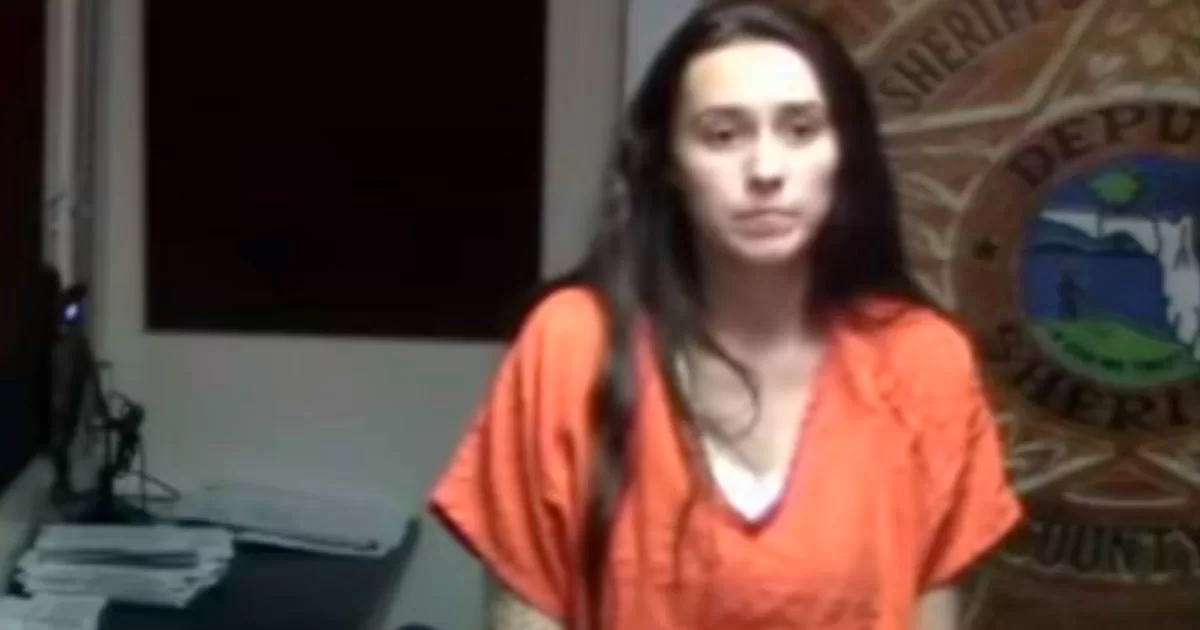Tuesday May 9, 2023 | 7:54 p.m.
After the Supreme Court of Justice decided to order the suspension of the elections in the provinces of Tucumán and San Juan, through a precautionary measure issued five days before the elections, critical voices began to be raised against the measure. Among them, that of President Alberto Fernández, that of provincial State prosecutors and specialists in constitutional matters.
In this sense, the State Attorney of Entre Ríos, Julio Rodríguez Signes, considered in dialogue with the news site APFDigital that the national Constitution does not empower the highest court to intervene in provincial electoral matters “The issue related to the provincial elections that to local institutions are settled and resolved within each province, without the intervention of the others or the federal State. Neither of the federal Judiciary”, said Rodríguez Signes.
The man from Entre Ríos also indicated that in the second section of the Supreme Court ruling on Tucumán, which has 9 pages, the text says: “The defendant is a province and the plaintiff (the plaintiff) has seriously raised a question before this Court predominant federal. For this reason, the process corresponds to the original competence” of the highest Court. “There the Court does something that I do not understand. I do not understand this paragraph, because the Constitution is very clear: the provinces give themselves their own institutions and, of course, it includes electoral and justice administration institutions, ”he reviewed.
On this basis, he postulated: “The issues of who may or may not be candidates are settled within the sphere of the provincial administration of justice, without the intervention of the Court. That is my interpretation of the Constitution. That is why such rulings call my attention, with precautionary measures, that nothing more and nothing less, determine the suspension of the elections, events of extreme institutional incidence.
In addition, it indicated that “the Constitution of the Argentine Nation organizes a federal State. This means that the national government and those of the provinces coexist. The latter are even prior to the formation of the federal State, which is constituted from an agreement between the provinces”, explained Rodríguez Signes.
“Hence, article 121 of the national Constitution establishes that the provinces retain all power not delegated to the national government and those that have been reserved by special agreements”, the “pre-existing agreements” mentioned in the preamble, added the official.
“That is to say: there are provinces. The provinces delegate powers to the Federal State, which is constituted from those delegations that, basically, are in article 75 of the Constitution, ”he pointed out. As a corollary, the provinces “create their own Constitutions, are governed by them and elect their governors and legislators without intervention from the federal government,” he stressed. This mandate is in article 122 of the national Magna Carta, he remarked.
other voices
Another of those who referred to the issue was the specialist Graciana Peñafort, who considered through her account on the social network Twitter that “it is not the competence of the supreme court to determine which causes are of original competence. Because the national constitution already determined it in articles 116 and 117. The court established itself as a constituent agreement and modified the constitutional text. Without the right or competence to do so.
He also explained that, from his point of view, “in this sentence the supreme courts did not comply with the constitution or the laws.” He also indicates that “in both cases the cases have been in Court for a month, and instead of resolving the case and providing certainty, considering that they are matters of pure law. They should have resolved the merits of the matter and not give rise to a precautionary measure. I can think of few things more serious and less Republican than suspending the elections”
Lastly, it indicates that “the Court does not clarify whether all the categories have been suspended. For example, what happens with the elections of mayors, councilors or provincial deputies. Or the most scandalous case that is the case of (Osvaldo) Jaldo in Tucumán that had not even been challenged. Finally, it states that “the Supreme Court issues a precautionary measure to mask its own slowness and ineffectiveness and produces institutional chaos of magnitudes.”
1. On suspension of elections and other herbs
Several of us were watching the impeachment commission to the Supreme Court, when the Supreme Court decided to suspend the elections in two Argentine provinces: San Juan and Tucuman— Graciana Peñafort (@gracepenafort) May 9, 2023


